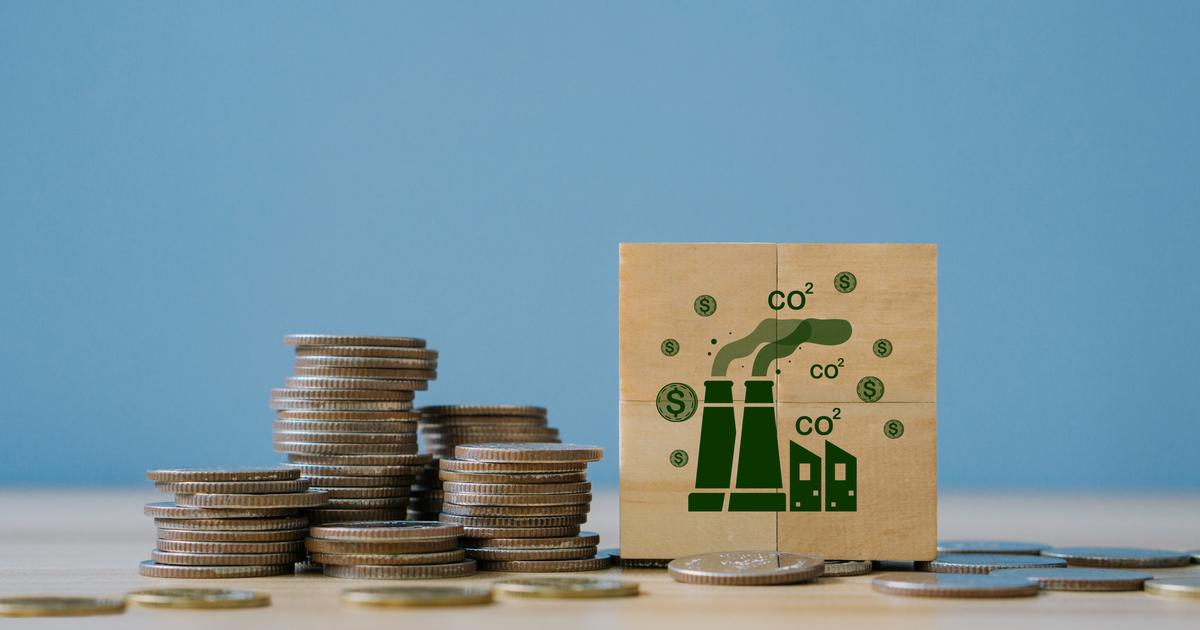Taking action against global warming will be less costly for the economy than inaction, estimate more than 700 international economists specializing in the question in a survey published on Monday.
Read also: The ECB assesses the financial cost of global warming
Of 738 economists surveyed by New York University's Institute for Policy Integrity, 66% agree that the benefits of a net reduction in emissions by 2050 would outweigh the costs and 74% say
“immediate and drastic” action
is needed to reduce greenhouse gas emissions, up from 50% of them in 2015.
“People who have spent their careers studying economics are overwhelmingly agreement that climate change will be expensive and potentially devastating, ”said
Peter Howard, director of the institute that conducted the survey.
If the current rate of global warming continues, economic damage will reach $ 1.7 trillion per year by 2025 and about $ 30 trillion per year by 2075, according to the median of projections from economists polled in the survey, all authors of studies on climate change in economic journals.
Exacerbate inequalities
The economic consequences of climate inaction would exacerbate income inequalities between rich and poor countries, according to 89% of researchers.
And even within countries, about 70% of these economists also believe that climate change would increase inequalities between the working classes and the better-off.
Economists nevertheless remain optimistic about the rapid development of clean energy, estimating that more than 50% of the global energy mix will be made up of zero-emission technologies by 2050, the current share being around 10%.





/cloudfront-eu-central-1.images.arcpublishing.com/prisa/O4ILTRQ36ZGKPIXEBV4IPDGXZU.jpg)









